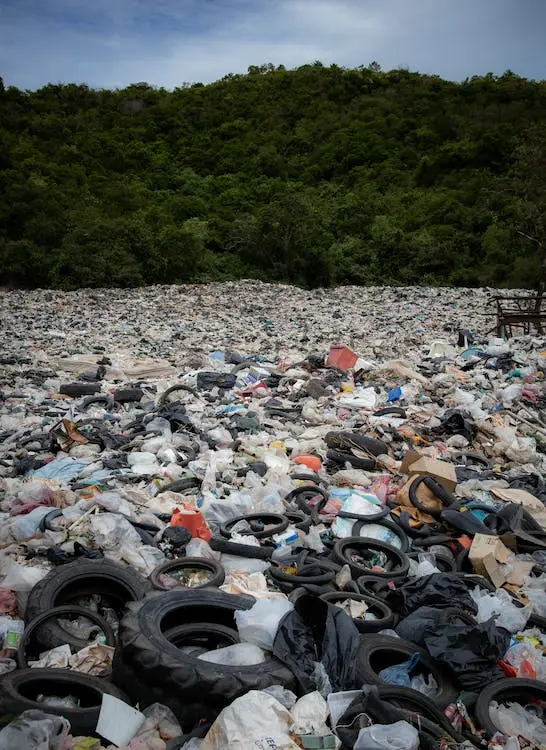Plastic Waste Issues in West Africa

Plastic waste has become a significant environmental and health concern in Africa, with the region facing escalating challenges due to the mismanagement of plastic waste. According to a report by the World Bank, about 80% of plastic waste is mismanaged in coastal West Africa, leading to severe consequences for people , the economy, and the coastal and marine environments.
In 2018, 17 coastal West African countries generated 6.9 million tons of plastic waste, with Nigeria alone accounting for 4.7 million tons per year. This has had a detrimental impact on sectors such as fisheries, aquaculture, marine-linked tourism, waterfront property values, and biodiversity and ecosystems.
The issue of plastic waste is not limited to coastal areas. Analysis shows that plastic waste is "spiralling out of control" across Africa, growing faster than in any other region. If the current trend continues, the region is projected to end up with 116 million tonnes of plastic waste annually by 2060, which is six times more than the 18 million tonnes produced in 2019 .
The main driver of rising plastic consumption in sub-Saharan Africa is the demand for vehicles and other products amid rising income and population growth. A significant proportion of plastic comes from packaging, which is often dumped or burned. The consequences of this impact both the environment and human health.
Plastic pollution has various negative impacts on health in Africa, affecting both human populations and ecosystems. It can contaminate freshwater sources, leading to the consumption of microplastics through contaminated drinking water, and can also end up in the food chain, posing risks to human health and ecosystems .
To address these impacts, comprehensive measures are needed, including improved waste management practices, public awareness campaigns, and policy interventions. While around 30 African countries have banned single-use plastic bags, the effectiveness of policies on plastic production, use, and waste management still needs to be evaluated.
The issue of plastic waste in Africa is further compounded by the involvement of the oil industry, which is looking to flood the continent with plastic as a response to the climate crisis that threatens the fossil fuel industry. This has raised concerns about the environmental and health impacts of increased plastic production and waste in the region.
Nonetheless, there is a growing recognition of the need to address plastic pollution in Africa. The private sector is increasingly seeing business opportunities in the recycling sector, driving innovation and market development through technology and infrastructure upgrades to support the public sector in managing plastic waste .














